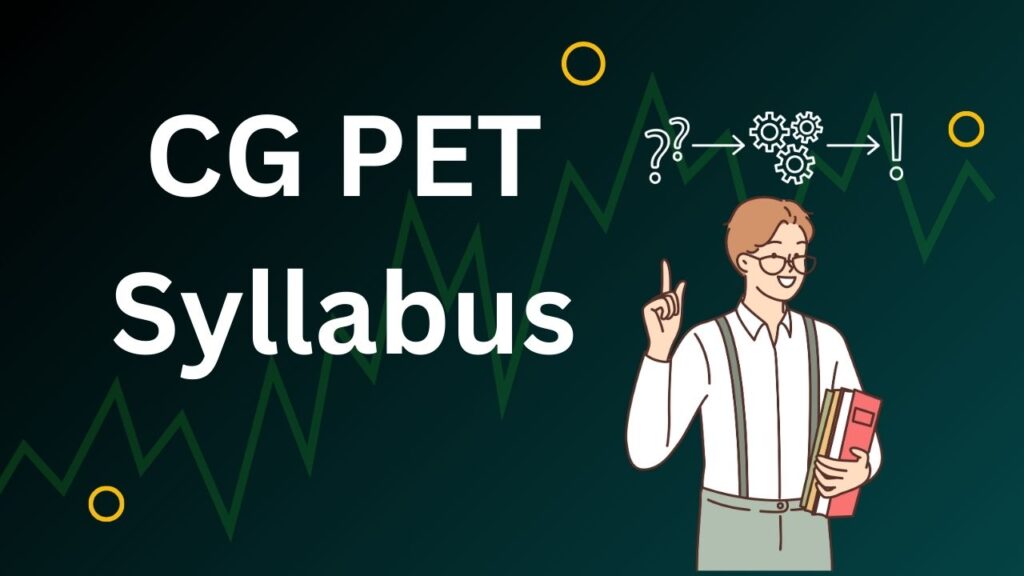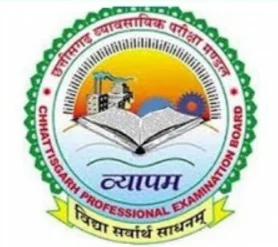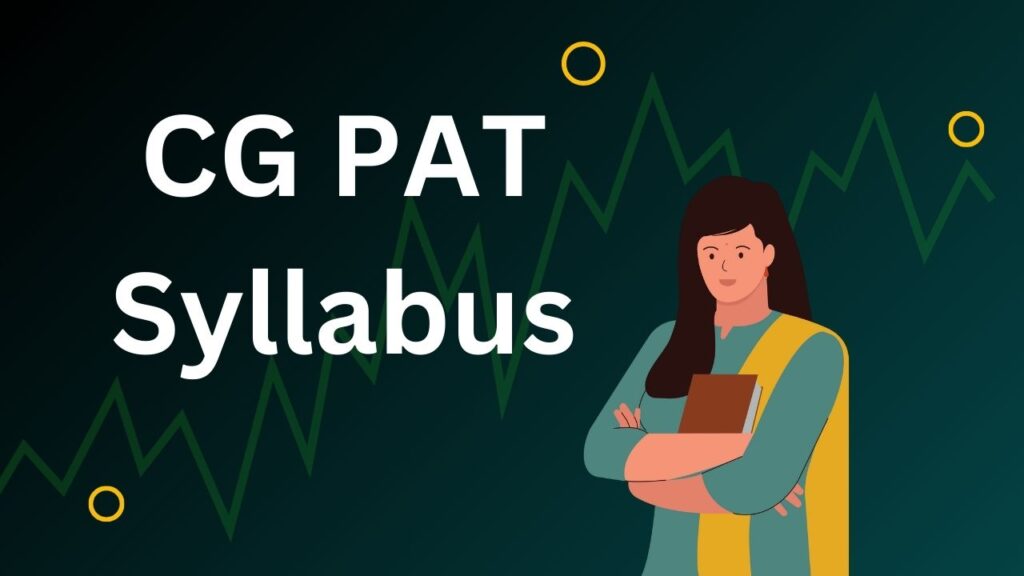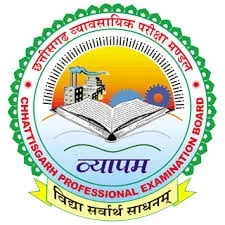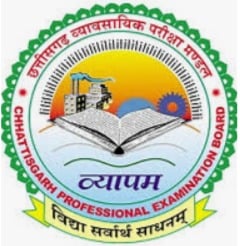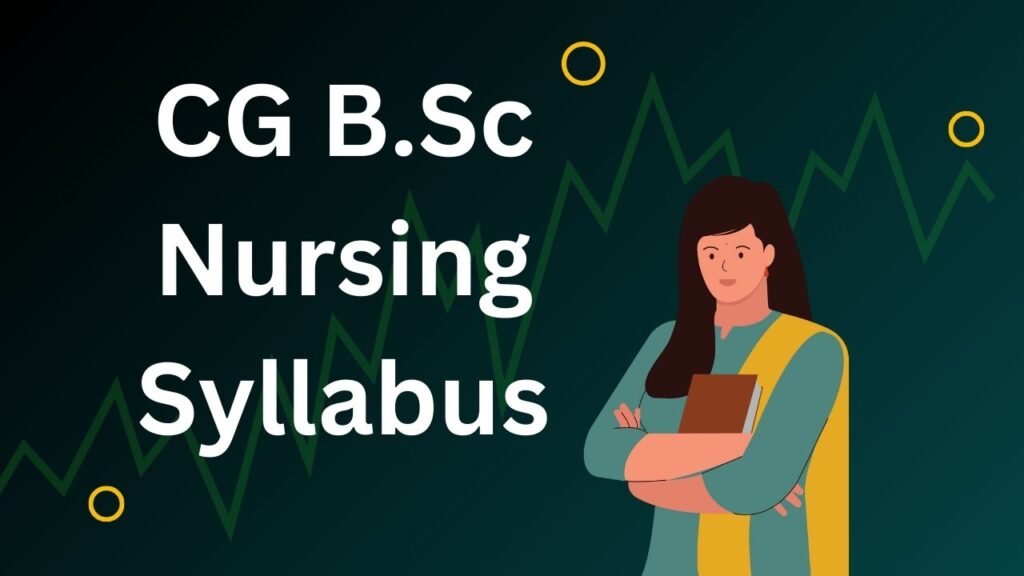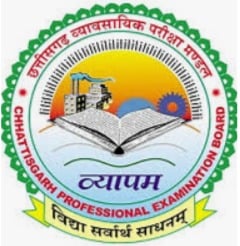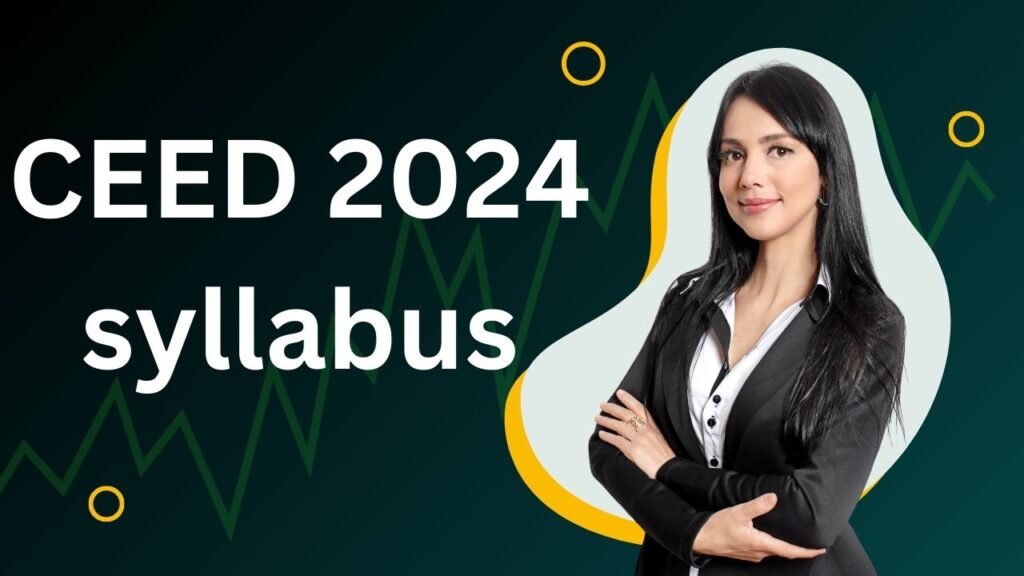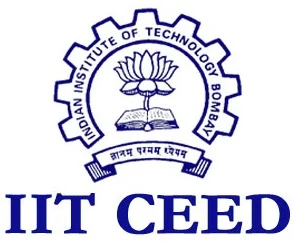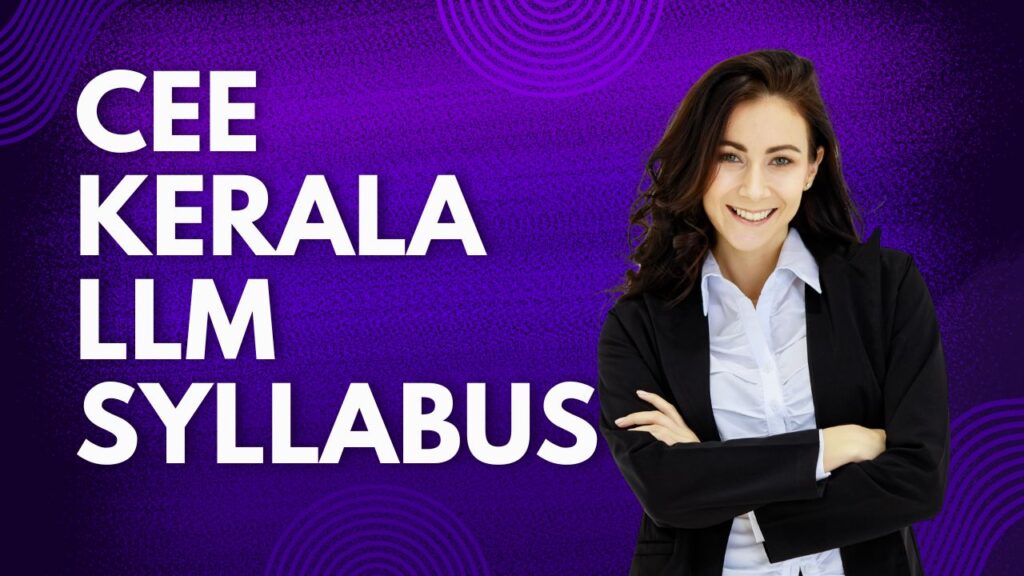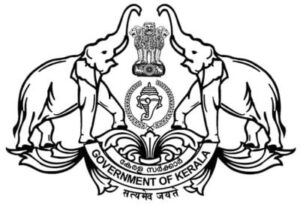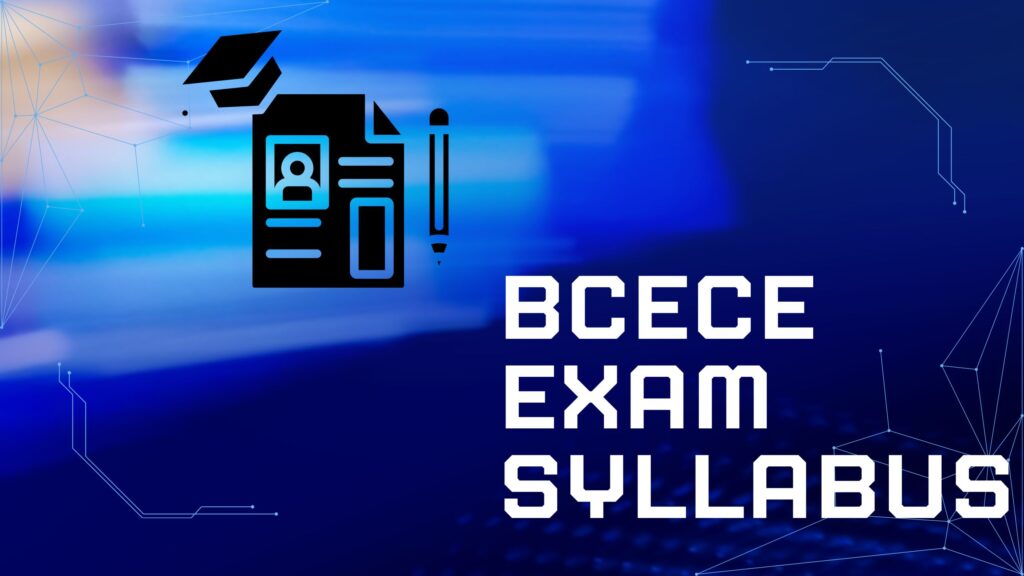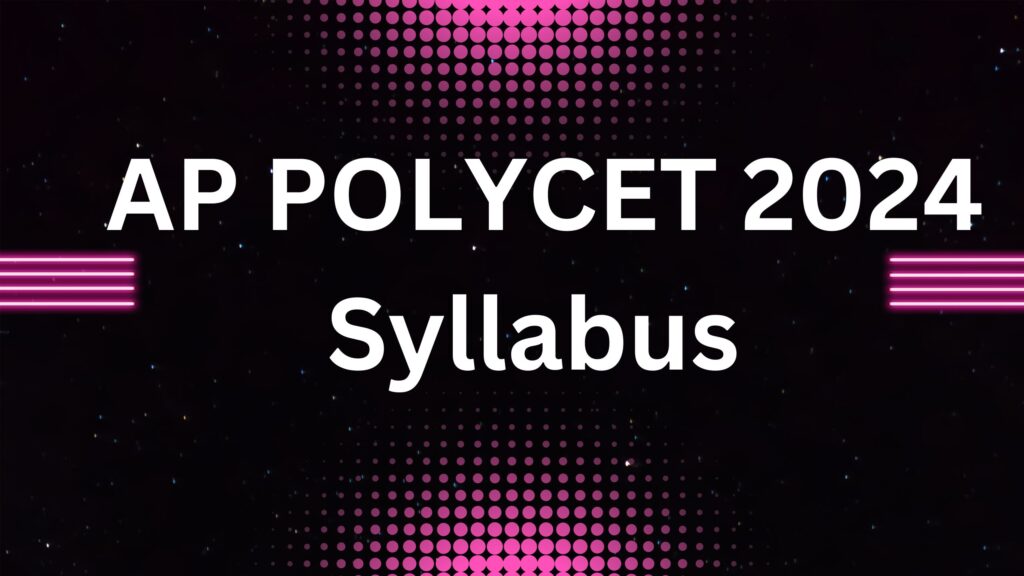CG Post Basic Nursing Syllabus-CG Post Basic Nursing Syllabus Download PDF
CG Post Basic Nursing Syllabus
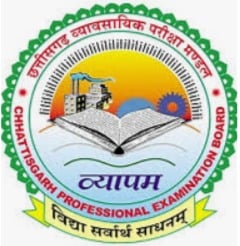
CG Post Basic Nursing Syllabus
The Chhattisgarh Post Basic Nursing program is a specialised course for Registered Nurses who want to learn more about nursing and improve their skills. With this program, nurses can get additional education and training that prepares them for leadership roles and specialised areas in the field. Understanding the full schedule is important for finishing the course and growing as a worker.
Overview of the CG Post Basic Nursing Program
The CG Post Basic Nursing course is meant to teach students a lot about advanced nursing techniques, management, and specialised care. The program usually lasts for two years and includes both classroom work and hands-on experience.
First Year
The first year focuses on enhancing foundational knowledge and skills, covering various advanced topics in nursing.
Advanced Nursing Practice
- Clinical Nursing Skills: Focus on advanced clinical skills, including complex procedures, patient assessment, and critical care.
- Medical-Surgical Nursing: In-depth study of medical-surgical conditions, advanced treatment modalities, and patient management.
- Pharmacology: Advanced pharmacological concepts, including drug interactions, adverse effects, and therapeutic uses.
- Nursing Research: Introduction to research methods, including study design, data collection, and analysis. Emphasis on applying research findings to clinical practice.
- Nursing Education: Principles of teaching and learning, curriculum development, and instructional methods relevant to nursing education.
Community Health Nursing
- Community Assessment: Methods for assessing community health needs, including epidemiological and demographic studies.
- Public Health Interventions: Strategies for implementing and evaluating community health programs and preventive measures.
- Health Promotion: Techniques for promoting health and wellness in community settings, including educational campaigns and lifestyle modifications.
Second Year
The second year of the CG Post Basic Nursing program emphasizes specialization, management, and leadership.
CG Post Basic Nursing Syllabus
Specialized Nursing
- Pediatric Nursing: Advanced care for pediatric patients, including common diseases, developmental issues, and family-centered care.
- Obstetric and Gynecological Nursing: Specialized care in maternal and women’s health, including prenatal, intranatal, and postnatal care.
- Mental Health Nursing: Advanced concepts in psychiatric care, including therapeutic communication, mental health disorders, and treatment modalities.
- Critical Care Nursing: Specialized training in managing critically ill patients, including intensive care procedures and advanced monitoring techniques.
Nursing Management and Leadership
- Healthcare Management: Principles of management and administration in healthcare settings, including human resources, finance, and quality assurance.
- Leadership Skills: Development of leadership and managerial skills, including conflict resolution, team building, and decision-making.
- Ethics and Professionalism: Exploration of ethical issues and professional standards in nursing practice, including legal aspects and ethical decision-making.
Clinical Practicum
- Hands-On Experience: Extensive clinical training in various healthcare settings, including hospitals, community health centers, and specialized clinics.
- Application of Skills: Integration of theoretical knowledge with practical experience, focusing on patient care, management, and specialized procedures.
- Project Work: Completion of a research project or case study that demonstrates the application of advanced nursing concepts and skills.
CG B.Sc Nursing Entrance Exam Pattern
According to the CG B.Sc Nursing syllabus provided by the official website, the exam will be divided into five subjects that will be completely objective in nature i.e. Nursing Aptitude, General English, Physics, Chemistry, and Biology/Botany/Zoology. Each correct answer will be awarded 1 mark with no negative marking in case of wrong answers.
CG Vyapam B.Sc Nursing Syllabus- Subject-wise distribution
|
Name of the Subject |
Number of Questions |
Number of Marks |
|
Nursing Aptitude |
20 |
20 |
|
Physics |
20 |
20 |
|
Chemistry |
20 |
20 |
|
Biology/Botany/Zoology |
20 |
20 |
|
General English |
20 |
20 |
|
Total |
100 Question |
100 Marks |
CG B.Sc Nursing Entrance Exam 2024 Preparation Strategy
The CG B.Sc nursing entrance exam syllabus 2024 encompasses key subjects taught at the higher secondary level. Students often face challenges in managing their study time due to the pressure. Here are some strategies to effectively cover the syllabus:
1. Divide the syllabus into smaller segments to ensure an even focus on all topics. This approach also minimises the risk of overlooking crucial subjects.
2. Optimise study time by spreading it throughout the day. Allocate specific time slots for each subject daily, allowing for comprehensive coverage of multiple topics.
3. Prioritise studying all the relevant content from NCERT Books for Physics, Chemistry, and Biology from Classes XI and XII.
4. Develop a well-structured timetable to systematically address essential syllabus components. This will also facilitate efficient revision.
Preparation Tips for Success
To excel in the CG Post Basic Nursing program, consider the following preparation tips:
- Understand the Syllabus: Familiarize yourself with the detailed syllabus and course requirements for each year of the program.
- Engage in Regular Study: Consistent study and revision of subjects are crucial for retaining information and understanding complex concepts.
- Participate in Clinical Practice: Actively engage in clinical rotations and seek opportunities to observe and perform specialized nursing procedures.
- Develop Research Skills: Focus on developing research skills and working on a project or dissertation to contribute to the field of nursing.
- Enhance Management Skills: Build leadership and management skills through coursework and practical experiences to prepare for administrative roles.
- Stay Updated: Keep yourself informed about the latest developments in nursing practice, healthcare policies, and research findings.
Conclusion
The CG Post Basic Nursing course covers all the important parts of advanced nursing education. It combines classroom knowledge with hands-on practice and specialisation. Students can improve their skills and get ready for leadership roles in nursing by knowing the course outline and using good study methods.
CG Post Basic Nursing Syllabus-CG Post Basic Nursing Syllabus Download PDF Read More »



